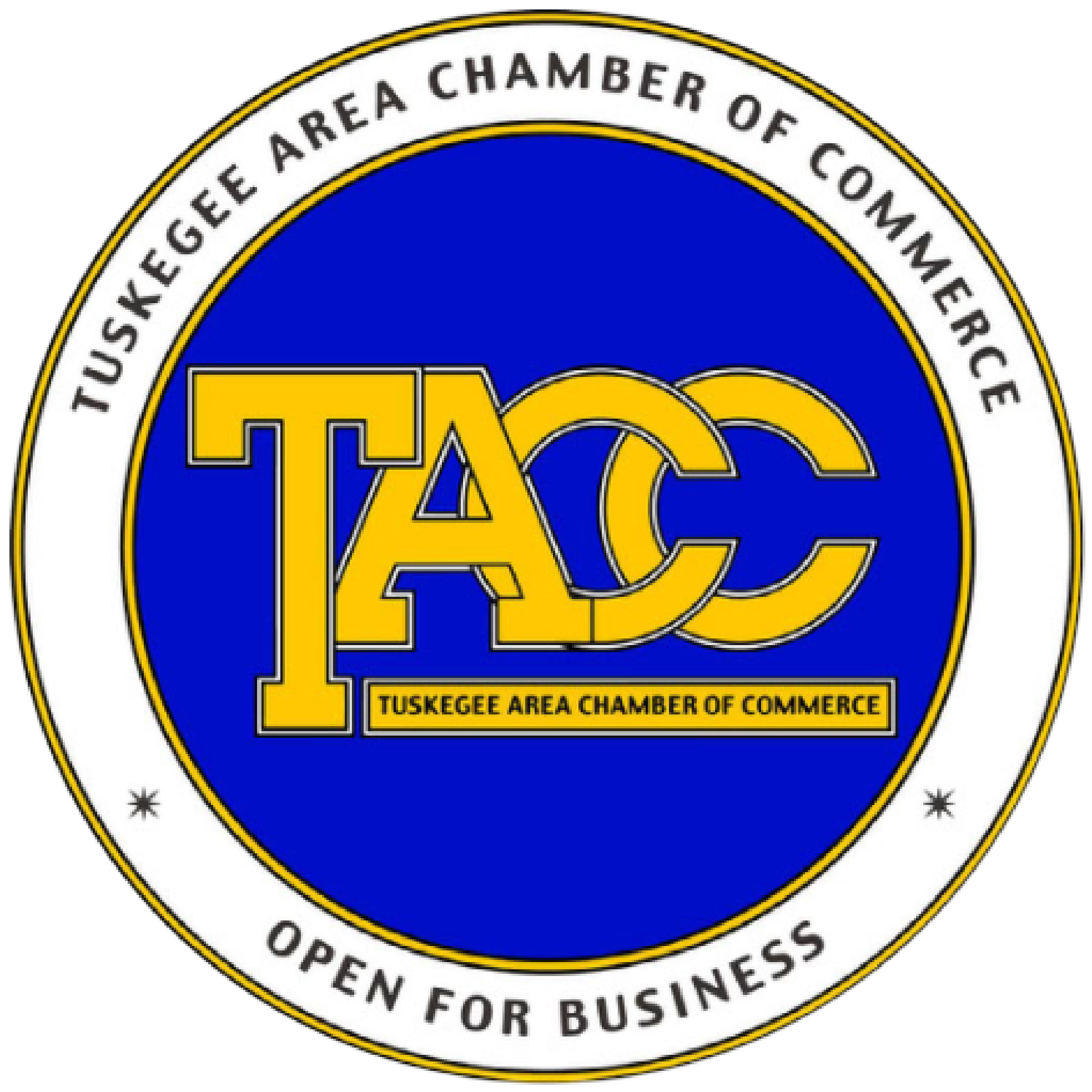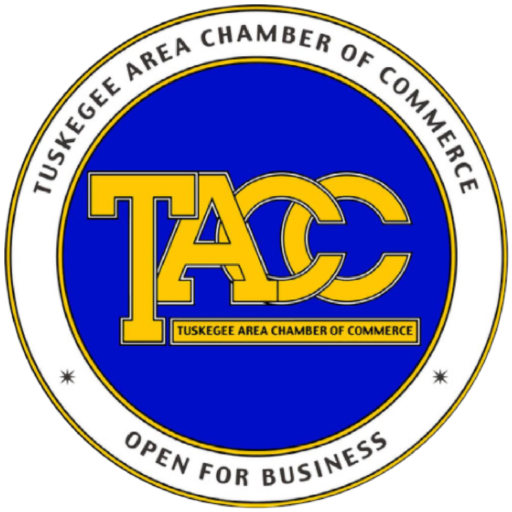BUSINESS MATTERS
Karin Hopkins
We can appreciate Moton Field for its current-day functionality as an airport and for its historical significance as a training site for the Tuskegee Airmen. The future also looks bright for Moton Field with the possibility that the T-100 manufacturing plant could be located at the airport.
Leonardo DRS has pledged a lot—$300 million starting investment, construction jobs and engineering jobs. There would be even more jobs as companies set up near Moton Field to supply Leonardo DRS with equipment, parts and services. But the T-100 is a small piece of a huge vision for officials who see a wide vista of potential at Moton Field.
Owned by the City of Tuskegee, officials selected Golden Eagle Aviation as the Fixed Base Operator (FBO) to manage the airport. Golden Eagle ensures that pilots have what they need when they utilize Moton Field including Jet-A and AVGAS fuel services aircraft detailing, hangar and tie down service, pilot’s lounge and snooze comforts, Internet access, executive conference room, concierge services and FAA certified flight training from recreational pilot up to commercial pilot ratings. Though Moton Field has these basics, there is room for improvement.
Thomas Day, FBO manager and flight instructor, says infrastructure upgrades would allow Moton Field to attract corporate business, something that is out of reach now because Moton Field does not comply with corporate flight department policies concerning runway lengths, weight capacity and weather reporting.
He says infrastructure enhancements would also open Moton Field to cargo business and with the combination of consistent corporate and cargo flights, the T-100 would be icing on the cake. He adds that the potential is infinite, citing revenues from fuel sales as an example. A small corporate jet could take 2,000 gallons and a large jet may need 9,000 gallons. With planes constantly coming and going, fuel sales would dramatically increase revenues at the airport and for the City of Tuskegee.
To accommodate corporate and cargo clients, a fire department at the airfield would be required, which would create more jobs and also diversify the skill sets within the fire department. With a more robust environment, Moton Field would need to beef up its operational staff and add more airplane maintenance personnel and more pilots, which again creates jobs. And though enhancing the infrastructure is the key to a more sustainable airport, the cost is a challenge.
But as a man of devout faith, Thomas Day believes a higher power is in charge and an improved airport could be our destiny. He knows that if the resources are identified to cover the expenses, the payoff will be an economic boost in cargo and charter business as well as an increase in usage by the U.S. military. So his prayer is for Divine grace that transforms Moton Field into an aviation hub for a multitude of purposes. The aggregated transactions would stimulate the economy through an unprecedented approach to BUSINESS MATTERS.
Karin Hopkins is executive director of the Tuskegee Area Chamber of Commerce and also co-founder of ECHOboom, a digital media platform. Contact her at ourchamberworks@gmail.com.

